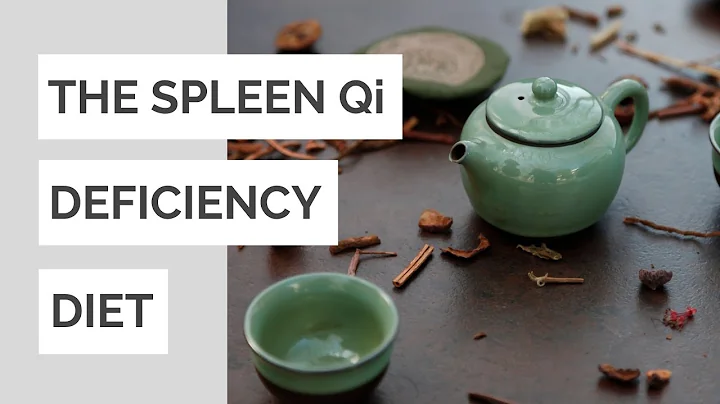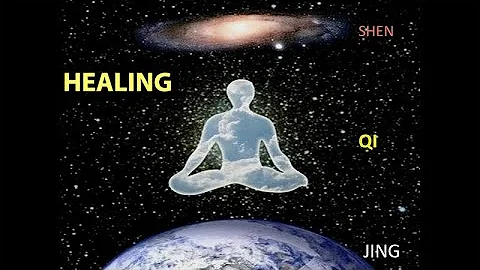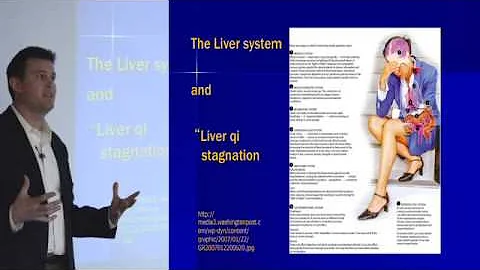There are four diagnostic methods in traditional Chinese medicine: looking, smelling, asking and cutting. Among them, the questioning occupies an important position. The ancients summed up the experience of questioning as "Ten Questions Song":
Traditional Chinese Medicine "Ten Questions Song"
One question about cold and heat, two questions about sweat, and three questions about head and body. Four questions about it,
five questions about diet, six chest and abdomen, seven deafness and eight thirst can be distinguished,
nine questions about old diseases and ten questions, and also taking medicine to participate in mechanical changes.
Women are especially required to ask about menstruation, and the delayed closure and collapse can be seen.
adds another word to pediatrics, smallpox measles is fully occupied.

一问冷热
Cold and heat is an important basis for distinguishing the nature of the pathogens of the patient and the ups and downs of the body.
"Ask about cold and heat" refers to asking whether the patient feels cold or feverish. "Cold" can be divided into: feeling cold in the wind, it is called evil wind; consciously afraid of cold, adding more clothes or heating near the fire can not be alleviated, it is called bad cold; if adding clothes or heating near the fire can alleviate it, it is called fear cold. "Heat" includes elevated body temperature, or conscious body or local fever due to normal body temperature.
二问汗
Sweat can reflect the changes in the body's yin and yang and both the outer and inner sides. "Wenhan" mainly diagnoses whether the patient is sweating, its location, time, and how much.
三问头身
"Jingyue Quanshu" records: "Ask his head to see up and down, ask his body to see the inside and outside." The head is the meeting of the yang, the shrewd one Inquiring about the head and body mainly includes patient's conscious symptoms such as dizziness, body itching, numbness, fatigue, etc. Chinese medicine also asks about the duration of symptoms, triggers, manifestations, mitigating factors, and major concurrent symptoms.
Four Questions
The excretion of the two stools is closely related to the absorption and transport of the spleen and stomach, the warmth of the kidney yang, the drainage of the liver, and the suppression of the spleen. The clinical question is about the number of stools, stool volume, characteristics, color, smell, time of defecation, sensation during defecation, and whether there are accompanying symptoms. Changes in these aspects indicate the evolution of cold and heat in the patient's body. If an abnormality is found, it must be caused Pay attention.
Five Questions Diet
The spleen and stomach are one of the most important organs of the human body and the source of qi and blood. The spleen and stomach supply all the nutrients for the growth and development of the human body and maintain life. Once the spleen and stomach malfunctions, human health, metabolism, and blood circulation will be severely affected.
During the onset of the patient, if there is loss of appetite and weight loss, it indicates that the spleen and stomach function is gradually weakened and the prognosis is poor; if the patient’s appetite and appetite gradually improve, the stomach will gradually recover and the prognosis is good; but if the patient is critically ill Sudden increase in appetite is called "Chuzhong", which is a "return to light" sign of stomach qi failure. Therefore, "asking diet" can understand the patient's spleen and stomach function ups and downs, and judge the prognosis of the disease.
六記 Chest and abdomen
The chest is the mutton, the upper part is connected to the heart and lungs, and the lower part passes through the internal organs. "Ask the chest and abdomen" mainly distinguish the visceral diseases, including chest tightness, heart palpitations, hypotension, abdominal distension and so on. Chest tightness is mostly related to poor qi in organs such as the heart and lungs, or lack of cold and heat; heart palpitations are mostly caused by pathological changes in the heart or mind; bloating is mostly due to pathological changes in the liver and gallbladder and its meridians; abdominal distension is mostly due to poor qi.
七问力量
Chinese medicine often asks patients: "Are there any problems such as tinnitus and hearing loss?" Traditional Chinese medicine records: "Although the ears have less Yang channels, they are actually the officials of the kidneys. , Is also the gathering of the Zongmai. When asking questions, it can only distinguish the deficiency and the reality, and it can also tell the death and life." If the patient has symptoms such as slight hearing loss, or hearing loss, it is called hard of hearing; hearing loss is obvious, or even hearing loss is complete. It is called deafness; consciously there is noise in the ear, which is called tinnitus.
八问贼
When a patient visits a doctor, Chinese medicine practitioners often ask: "How about drinking water? Do you often feel dry and thirsty?" When a Chinese medicine doctor asks for consultation, he will pay attention to whether the patient is present. Thirst, how much water you drink, hot and cold preferences, andHe has symptoms.
Thirst, which can be seen in body fluid injury and dampness; very thirsty and like to eat cold drinks, which is hot and irritating; Damp heat and internal sleepiness; people who are thirsty but gargle with water but don't want to swallow, and are accompanied by polydipsia and polyuria, most of them suffer from diabetes.
九问老病
"Have you had a similar situation before? Do you have a family history? Do you have any allergies?" Asking the old disease is an important way to obtain information about the patient’s disease, and the cause of the disease can be found , Course of disease and family history, etc. The doctor asked about the old illness to see if the patient’s symptoms of this illness were related to the previous illness or family history.
十问因
"Ask the cause", that is, the doctor finds out the cause of the disease through consultation, so as to facilitate syndrome differentiation and scientific treatment. In general, the cause of disease is cold, mostly cold syndrome, and warm-heat drugs are often used for treatment; while the cause is heat, mostly heat syndrome, cold-cool drugs are often used for treatment. In addition, if the patient has an adverse reaction during the medication, he should communicate with the doctor in time to adjust the medication.
(According to Wan Qing, Global Aged)
[We only provide reliable content edited by professional journalists. Please subscribe here or follow the WeChat public health report Public number "dzws001" for more practical health information]








![[ENG DUB]The Tale of Chinese Medicine S1 EP1:Master of TCM | Top Chinese Documentary - DayDayNews](https://i.ytimg.com/vi/PSoTQiLHzDM/hq720.jpg?sqp=-oaymwEcCNAFEJQDSFXyq4qpAw4IARUAAIhCGAFwAcABBg==&rs=AOn4CLAfkS6ayaeEW_f-7H5Aee6xIr2lQg)












